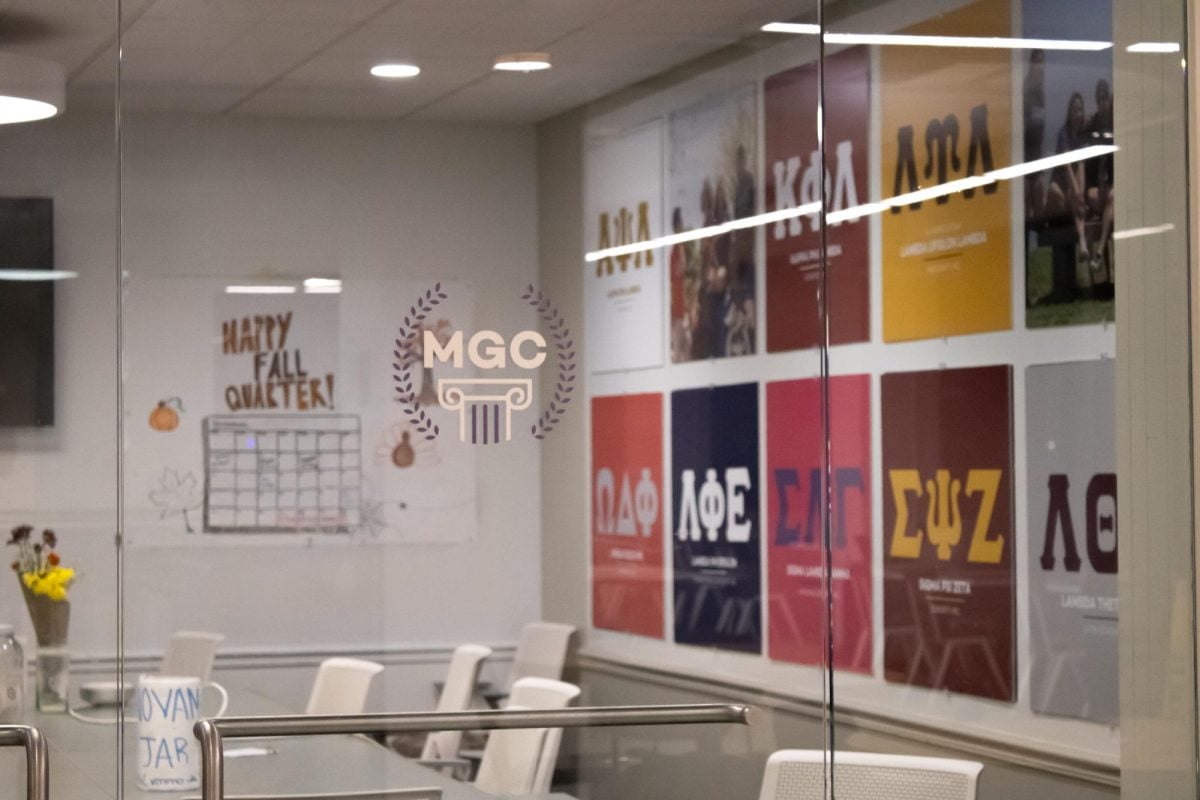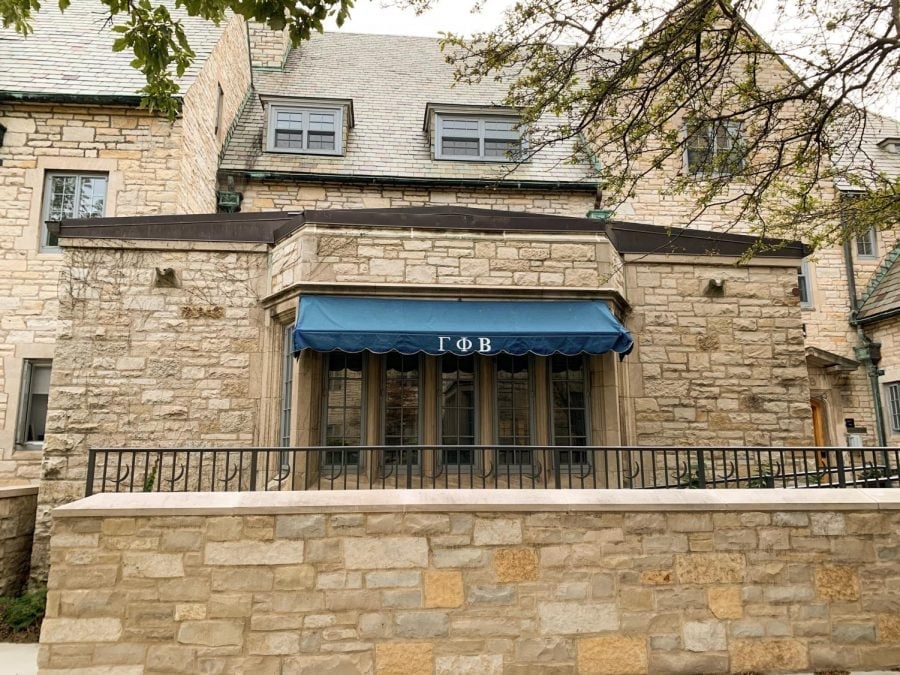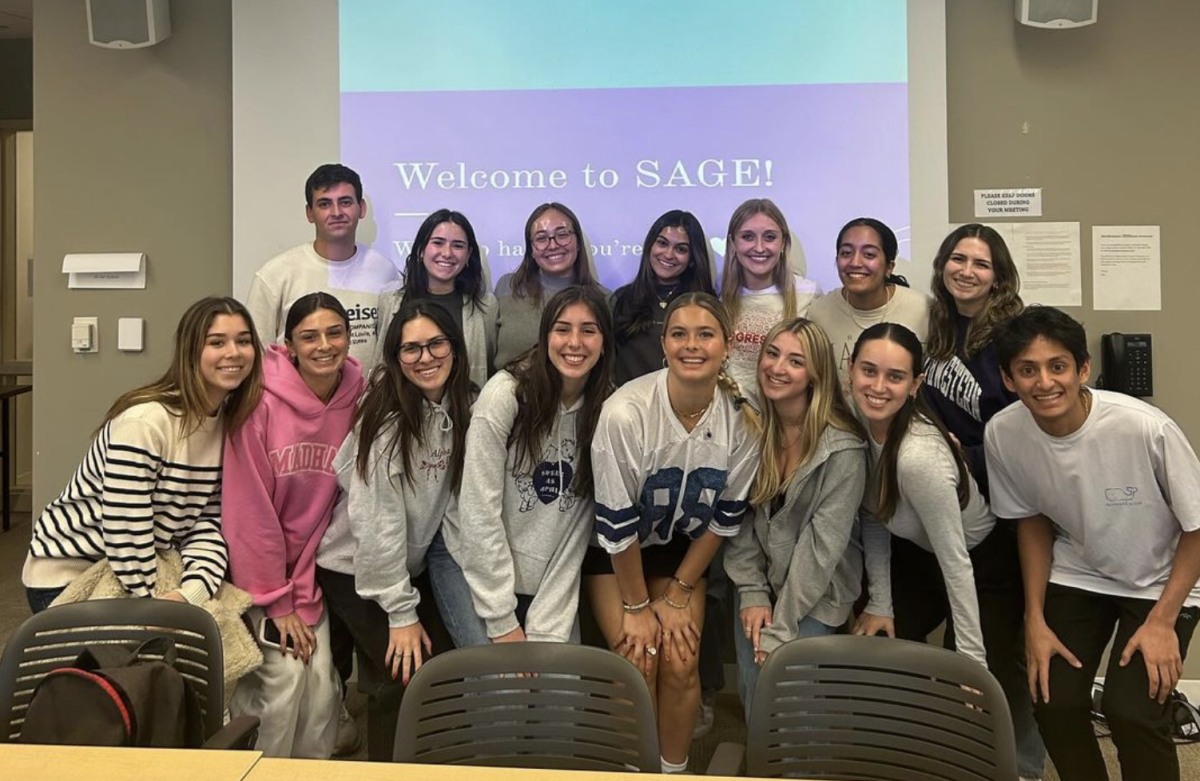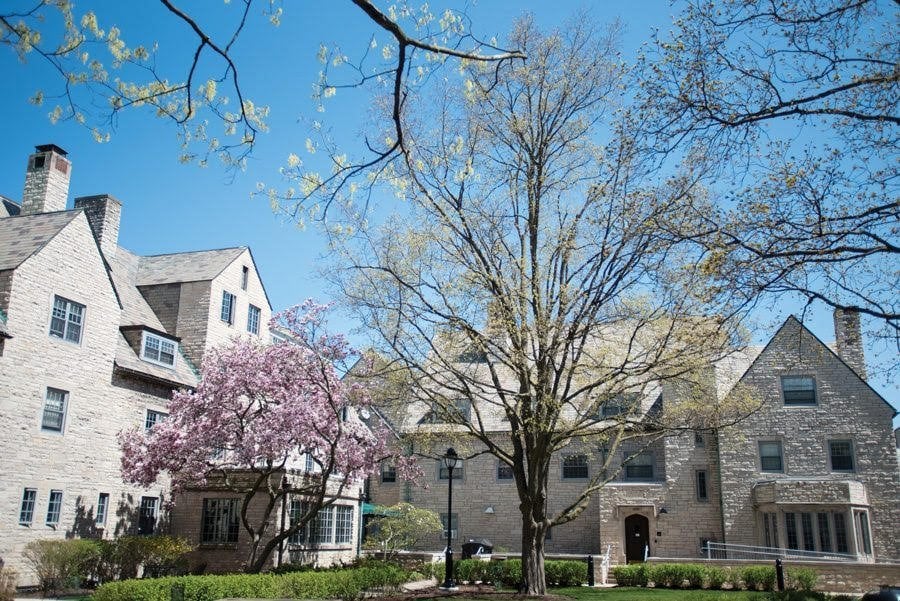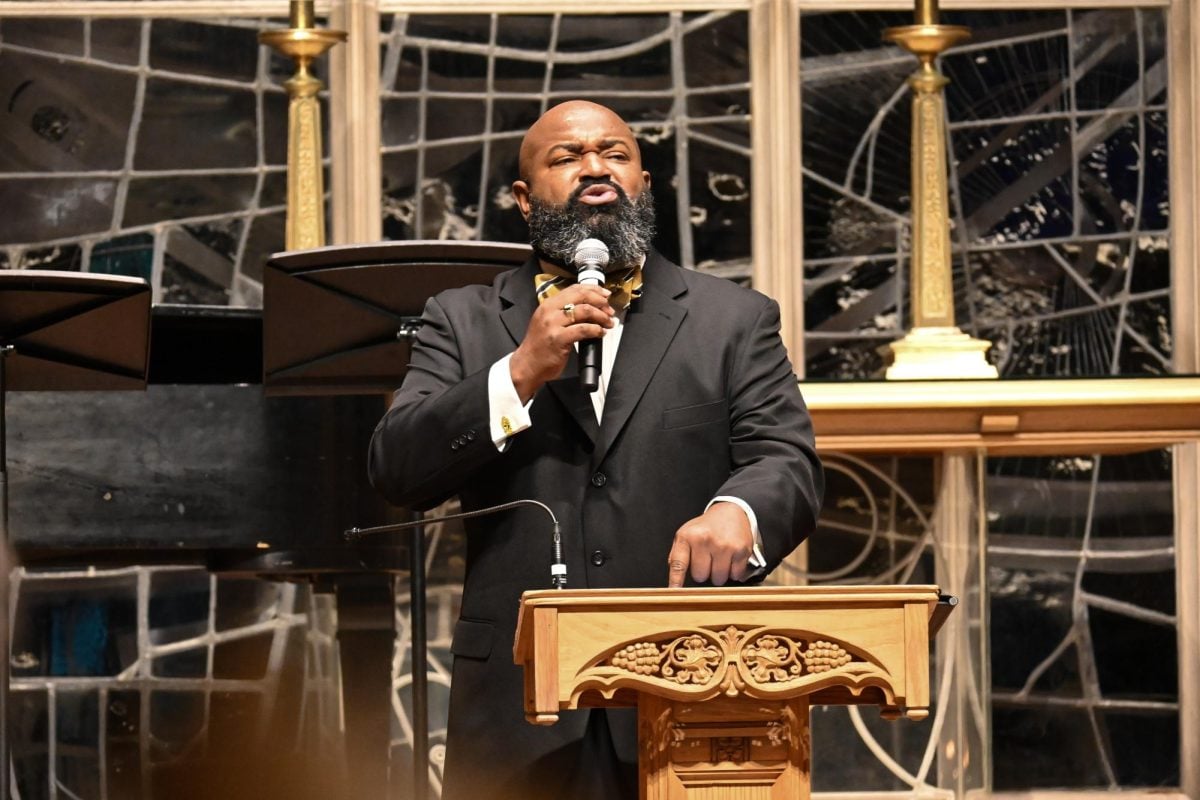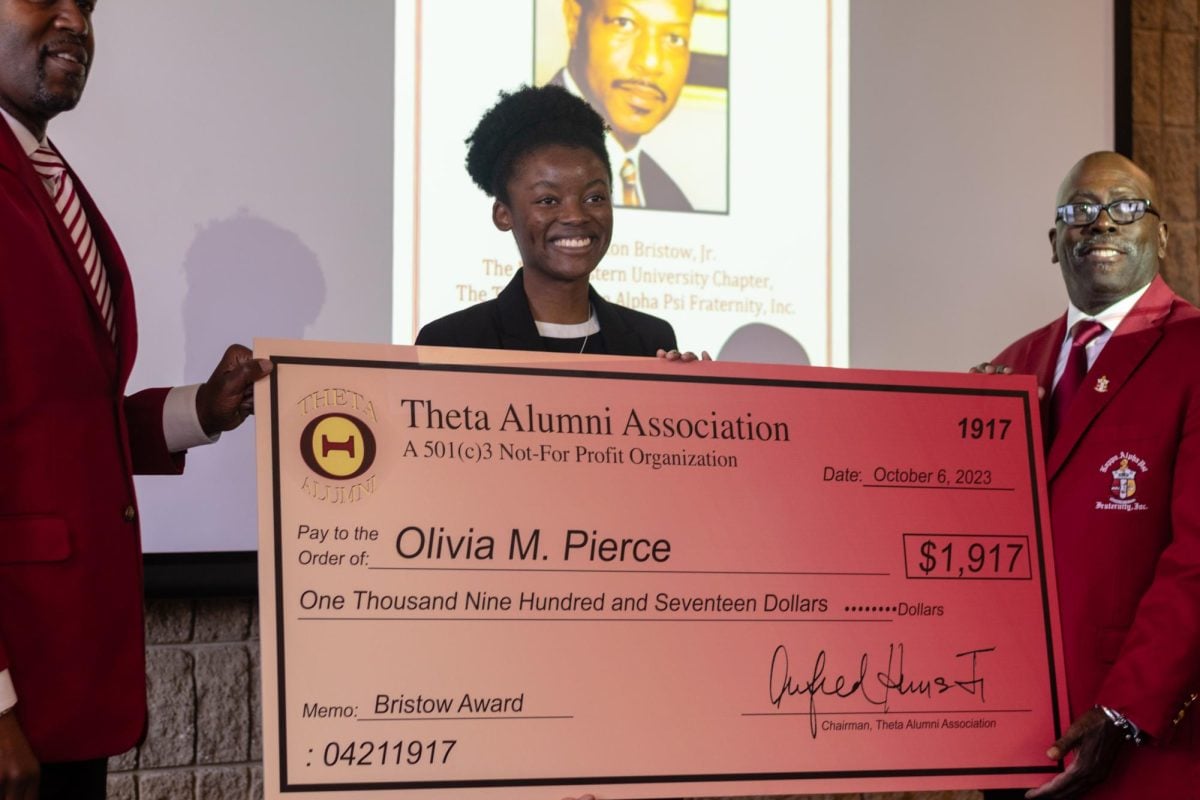As University officials begin to plan orientation activities for incoming freshmen, the leaders of pre-orientation programs including Project Wildcat, Alternative Student Breaks, CATalyst and the Freshman Urban Program are sifting through applications in search of qualified student counselors.
Each of the programs, which introduce hundreds of new students to NU through off-campus trips and activities, differs in how it approaches the application process. Though P-Wild and FUP have already chosen a new group of counselors, ASB is still conducting interviews with dozens of hopeful candidates, many of whom will not be accepted.
“We have 20 spots and a far greater number of applicants,” said ASB member and SESP junior Danielle Moehrke, who could not provide more specific numbers because the interview process is not finished. “We hope to be done with the process by the end of the week and will announce our decision at some point next week.”
In order to complete the process, prospective ASB counselors must supplement their applications with individual interviews as well as group ones, a policy that draws another contrast to programs such as FUP, which requires only a single interview.
The groups also vary in the strictness of their application guidelines. Programs such as P-Wild and FUP do not require an applicant to have previously participated in the program and accept veterans of other pre-orientation groups as counselors. The leadership at ASB holds a different opinion.
“We look for people who have done ASB in the past because we want them to understand what ASB is all about,” said Moehrke. “I think it’s important that you be a participant before being a site leader.”
Andrea Bell, coordinator of Student Community Services and a faculty liaison to FUP, said her program focuses instead on whether an applicant has the broader set of skills needed to be a counselor.
“They’re looking for people who can lead small group discussions, who had good group interactions and can start conversations,” said Bell. “They really want people who can help students see the bigger picture through their service in Chicago.”
None of the programs have strict academic requirements, such as a minimum GPA or course load. The emphasis remains on the written application and the interview process, Bell said.
“There have been conversations about including some of those guidelines and requirements in applications, but right now they have been left out,” said Bell. “Now it’s just about the applications and the review process.”
Many interested students point to their positive experiences with pre-orientation programs as a central factor in choosing to apply for a leadership role.
Weinberg freshman Kaitlin Hansen, who applied but was not accepted as a FUP counselor, said her motivation was two-fold.
“I think it’s a great thing for incoming freshmen, because before school even starts you have a friend base and you get to know a lot about Chicago,” said Hansen. “I mostly (applied) so that I could help other freshmen have the same experience I did, but also because I love Chicago and every time I go in I learn something new.”
The schedules for each program have already been released and were meant to accommodate the recent academic calendar adjustment, which moved the beginning of the academic year to Sept. 27. All pre-orientation trips must end by the beginning of Wildcat Welcome Week, which starts Sept. 20.
“(The groups) were included in the conversations around the academic schedule, so they have not been affected in any negative way,” said Bell. “They have their dates set and they’re making preparations.”
